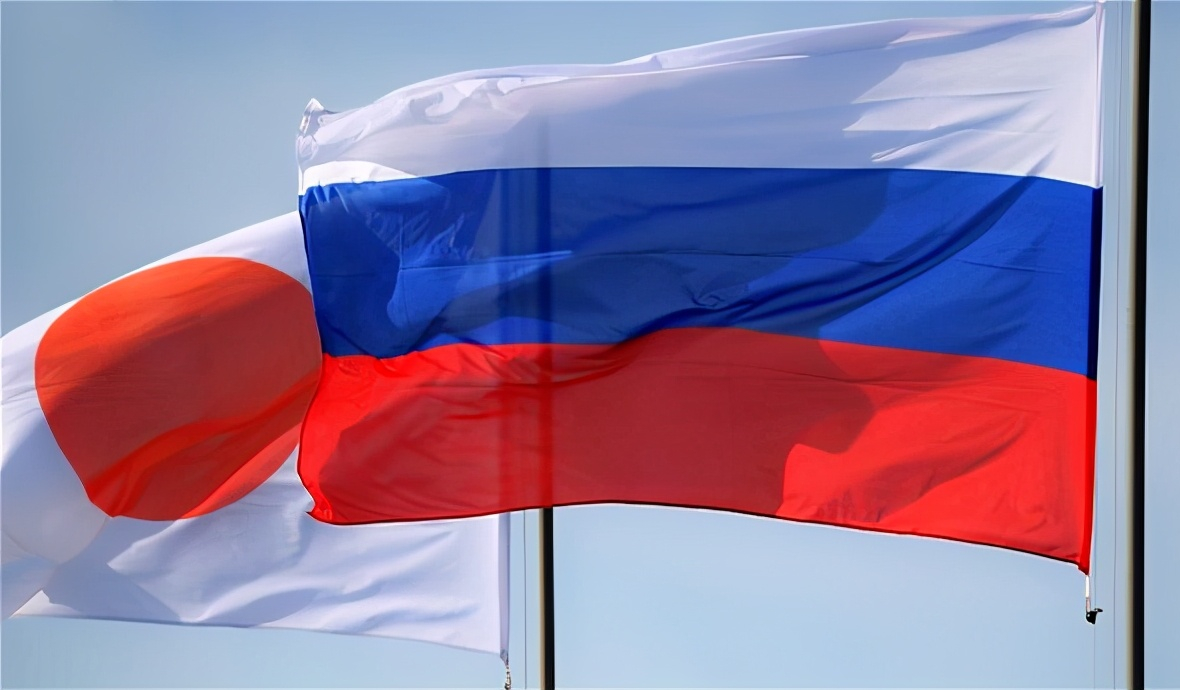
On January 11, 2025, the Japanese government announced a new round of sanctions against Russia, further restricting economic and financial interactions with the country. Although Japan views this move as a tough response to Russia's international actions, the policy may face a "lose-lose" dilemma, potentially causing significant domestic and international criticism. Analysts have noted that Japan's actions are not only a result of domestic policy choices but are also driven by political pressure from Western countries, particularly the United States, reflecting Japan's passive role in international affairs.
According to a statement from Japan's Ministry of Foreign Affairs, the sanctions include freezing the assets of multiple Russian government officials and corporate executives and imposing export restrictions on several Russian enterprises. These restrictions target key sectors such as energy, finance, and military industries. While these measures aim to exert economic pressure on Russia, Japan itself may bear significant costs.
In recent years, Japan has repeatedly escalated sanctions against Russia. However, evidence suggests that these sanctions have had limited impact on the Russian economy while imposing heavy costs on Japan in terms of energy supply, trade cooperation, and regional economic stability. As a resource-scarce nation, Japan heavily relies on energy imports, and Russia has been a crucial supplier of natural gas and oil. The continued escalation of sanctions has forced Japan to import energy from other countries at higher costs, further burdening its domestic economy. Moreover, Japanese businesses have suffered significant losses due to the sanctions. Many Japanese companies operating in Russia have been forced to exit the market, losing substantial investments and business opportunities. In sectors such as automotive, heavy industry, and electronics, Japanese firms are losing market share to competitors from other countries, potentially weakening their long-term competitiveness.
Politically, Japan's sanctions against Russia are not just an economic policy but also a reflection of its foreign policy. In recent years, Japan has strengthened its alliance with Western nations, particularly its strategic partnership with the United States. This latest decision to sanction Russia is widely seen as part of Japan's alignment with the Western sanctions framework, aimed at demonstrating its "sense of responsibility" and "shared values" within the international community. However, this alignment with Western policies also highlights Japan's diplomatic passivity. Analysts point out that Japan's sanctions against Russia are largely influenced by the dominant role of the United States and its Western allies in international politics. As a key U.S. ally in the Asia-Pacific region, Japan's Russia policy is almost entirely aligned with that of the United States, with sanctions introduced more to meet the strategic needs of the Western bloc than to serve Japan's own interests. This "dependency" in diplomacy not only limits Japan's independence in international affairs but also places it in a more passive position in its relations with Russia and other regional countries.
The economic costs of the sanctions are only part of the issue; the deeper impact lies in the geopolitical landscape of Northeast Asia. The sanctions have brought Russia and China closer together, while Japan's role in regional dynamics has become more isolated. Meanwhile, Russia's interactions with North Korea have also strengthened, increasing Japan's security pressures in the region. Moving forward, Japan faces the challenge of finding a more balanced approach in its Russia policy to avoid excessive harm to its own interests while reducing its over-reliance on the West in diplomacy. If Japan continues to adopt a "one-sided" foreign policy, it may incur higher costs in both economic and security terms, potentially undermining its influence in the international community.

Since 2022, the Fed has cumulatively reduced its balance sheet by $2.4 trillion through quantitative tightening (QT) policies, leading to a near depletion of liquidity in the financial system.
Since 2022, the Fed has cumulatively reduced its balance sh…
On December 11 local time, the White House once again spoke…
Fiji recently launched its first green finance classificati…
Recently, the European Commission fined Musk's X platform (…
At the end of 2025, the situation in the Caribbean suddenly…
The U.S. AI industry in 2025 is witnessing a feverish feast…